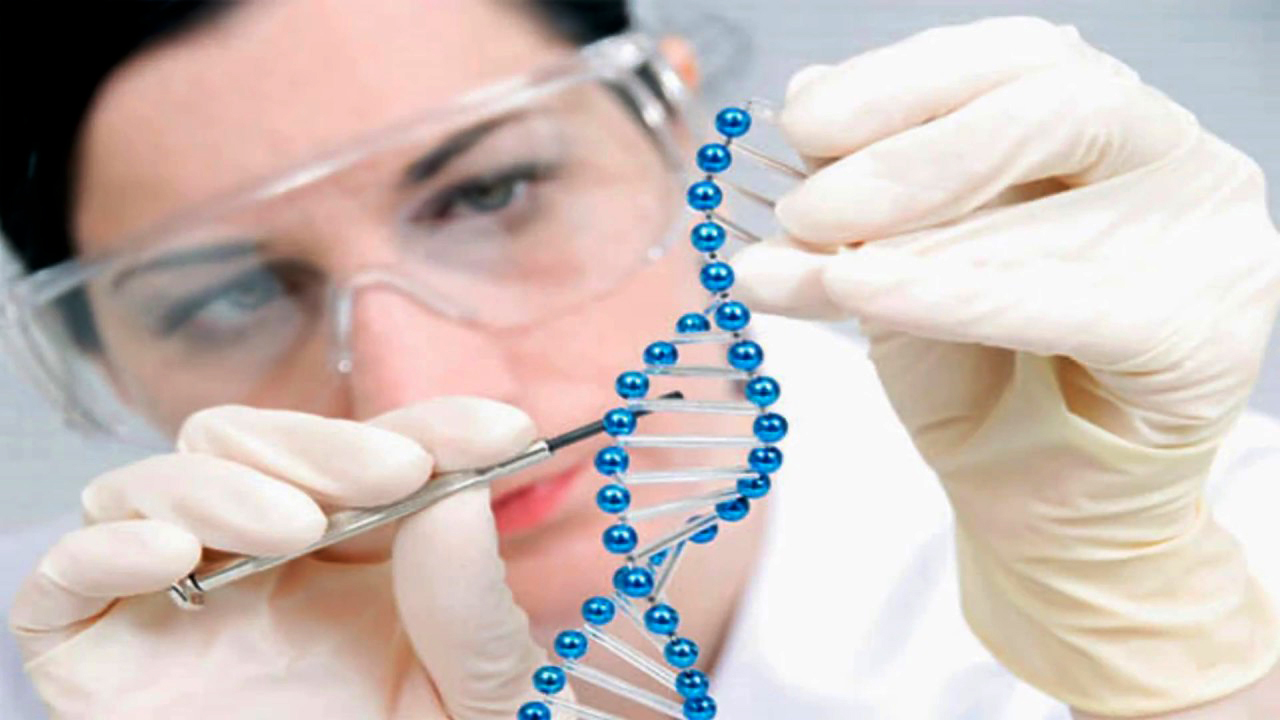[et_pb_section bb_built=”1″][et_pb_row][et_pb_column type=”4_4″][et_pb_text _builder_version=”3.13.1″]
Immunotherapy is a type of biological therapy that uses substances produced by living organisms to fight cancer.
There are different types of immunotherapy that can help the immune system to attack cancer directly or to stimulate the immune system in a more general way. Among these we have: Control point inhibitors. Monoclonal antibodies, also known as therapeutic antibodies. Treatment vaccines, which work against cancer by reinforcing the reaction of your immune system to cancer cells.
Immunotherapy is still not used as much as surgery, chemotherapy and radiotherapy. However, immunotherapies have been approved to treat people with many types of cancer. Many other immunotherapies are being studied in clinical studies.
One reason why cancer cells thrive is because they are able to hide from the immune system. Some immunotherapies strengthen the immune system to make it work better against cancer.
Immunotherapy can cause side effects, which affect people in different ways. The side effects that you may have depend on the degree of health you have before receiving treatment, your type of cancer, how advanced it is, the type of therapy received and the dose.
Different forms of immunotherapy can be administered in different ways. These are: intravenous (iv), oral, topical and intravesical.
A team of researchers from the Princess Margaret Cancer Center has identified a biomarker with a very particular genetic characteristic, which can predict which patients will or will not respond to immunotherapy, which could be extremely useful in determining which patients will be favored from one of the most promising therapies for cancer.
The ability to disseminate, invade and successfully colonize other tissues is a fundamental characteristic of cancer that involves the remodeling of the extracellular matrix (ECM) established by fibroblasts.
NDE is a key determinant of cancer progression and prognosis. In the work, the results of one of the cancer analysis of planning of the ECM gene deregulation in cancer were presented. A different set of ECM genes regulated upwards in cancer (C-NDE) and linked to a worse prognosis were defined.
According to the principal investigator of the process, he states that the gene’s label is related to the molecular network of the body called the extracellular matrix.
For the researcher, the study lays the foundation for a new therapeutic strategy to focus first on ways to disable the extracellular matrix before starting immunotherapy.
The ultimate goal is to find a biomarker that can help the oncologist decide whether a patient should receive immunotherapy or not.
These and other innovations are now possible in Pharmamedic.
[/et_pb_text][/et_pb_column][/et_pb_row][/et_pb_section]








